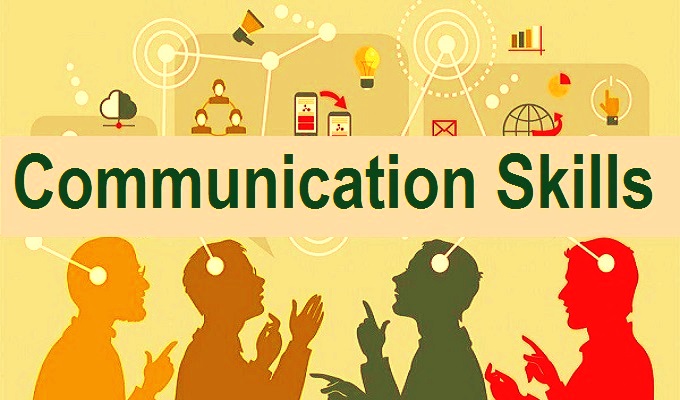
What is the importance of effective communication?
Effective communication is essential in the workplace and outside of it. It allows you to communicate clearly your feelings and intentions into understandable messages. Communication is essential for productivity and reduces the unintended consequences of miscommunication. Effective communication helps you to understand the thoughts of others and is a way to be a better team member and collaborator.
You can improve your advanced communication skills,from experts
1. Listen, listen and listen.
People want to feel heard. Instead of responding with your own words, listen and really pay attention to the other person. To avoid any misunderstandings, ask for clarification. The person who is speaking to you at that time should be the most important in your life. It is important to only have one conversation at once. Talk to one person at a time. You will let the other person know that you don’t give your full attention.
2. It is important to know who you are speaking to.
When communicating with a friend, it is fine to use informal language and acronyms. However, if you are texting your boss or emailing him, “Hey,” or “TTYL”, or any other informal language should not be used in your message. It is not possible to assume the other person understands the meaning of an acronym. Different acronyms can mean different things to different people. Do you want to be misunderstood or confused? Communicators who are effective use acronyms to target their message according to the audience they are talking to. Keep this in mind when trying to convey your message.
3. It is important to use body language.
This is crucial for video conferencing and face-to-face meetings. Open body language and a friendly appearance are important to make you seem more approachable. Do not cross your arms. Keep eye contact with the other person so they know you are paying attention.
4. Before you hit send,
make sure to check your message.best ways to learn verbal communication and non-verbal communication, Although spell and grammar checkers can be lifesavers they are not foolproof. To ensure that you are conveying the intended message, double-check what you write.
5. Keep it short and precise
Be concise, but specific, in written and verbal communication. If you’re responding to an email, ensure that you have read the entire message before you write your reply. You will soon learn to not ramble or provide too much information if you practice enough.
6. Note down everything.
Notes can be taken while you’re talking to someone or in a meeting. Don’t rely on your memory. To ensure that you fully understand the conversation, send a follow up email.
7. Sometimes,
it is better to pick up a phone. You may find you have much to say and don’t want to send an email. Instead, you can call the person. Although email is great, it can sometimes be easier to communicate your thoughts verbally.
8. Before you speak, think. Before you speak,
pause and think before you speak. Pay attention to what and how you are saying it. This will help you avoid embarrassing situations.
9. Treat everyone with respect.
Treat everyone with respect and hanour
10. Smile and keep a positive attitude.
Smile even when you’re talking on the phone. Your positive attitude will show through in conversation and other people will notice it. People will respond positively if you smile often, and show a positive attitude.
Examples of communication skills
You can practice a variety of communication skills to improve your ability to communicate effectively. These skills can be used together, so it is important to practice communication skills in different situations whenever you can.
Your communication style should be adapted to the audience
Different communication styles are suitable for different situations. It is important to think about your audience to determine the most effective communication format.
If you’re communicating with potential employers, for example, it is better to send them a formal email than to call them. You may need to write a formal letter, depending on the circumstances. It may be easier to communicate complex information at work in person or via video conference than it is in an email.
Effective communication is something you can learn. Follow these tips to improve your communication skills.



